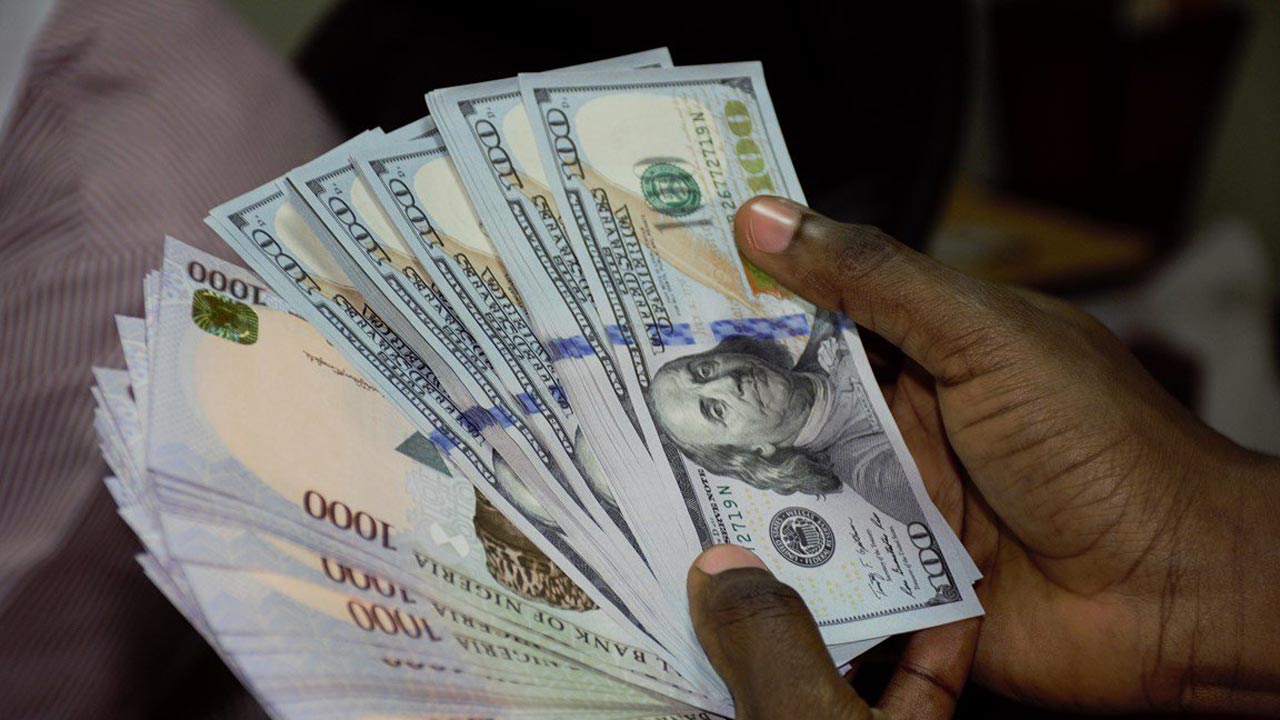Lagos based investment firm, Afrinvest, has projected that the naira will depreciate to N401 per dollar in the second half of 2019 (H2’19).
The firm also projected that Nigeria’s Gross Domestic Product, GDP, will grow by 2.5 percent this year as against 1.9 percent recorded in 2018. This was contained in the firm’s economic outlook for 2019 titled: “On the Precipice, of the 2019 economic outlook”.
Speaking at the presentation of the document, the Deputy Managing Director, Afrinvest, Victor Ndukauba said: “Overall, we believe the exchange rate will remain stable, especially in H1’19, since the CBN has ample reserves for interventions.
“However, we note that pressures on the currency will intensify in H2:2019. Hence, we may see depreciation in the currency to N401 per dollar, mirroring the rate of 12-month non-deliverable forwards quoted on Bloomberg. We note that the likely emergence of a new CBN governor by mid-2019 may result in a new exchange rate policy.”
Read also: FRSC returns N430,000 to accident victim in Kano
Commenting on the fear breaching the resistance levels in 2019, Ndukauba said: “The exchange rate stability which we anticipated was achieved for most of 2018.
“In 2019, the currency faces a downside risk. Foreign capital flows may remain constrained due to both political risk and elevated interest rate in advanced economies. This will heavily impact Nigeria’s external position and weaken external reserves accretion. However, the CBN has guided towards a tight monetary policy stance which should help attract capital inflows. We also expect a stable current account surplus to support reserves accretion, if oil production remains steady at 2.1mb/d as expected, and oil prices remain above $50/b.”
Speaking on the GDP growth, he explained that the company “estimated that growth will improve to 2.5 percent from 1.9 percent in 2018 based on the expectation of improved oil GDP and sustained expansion in the non-oil sector.”
“This forecast implies that with population growing at 2.6 percent to 3.0 percent, Nigerians are projected to remain poorer on the average in 2019. We believe this growth outcome will reflect a soft rebound in agriculture, increased oil output and better performance in the services and manufacturing sectors.”

